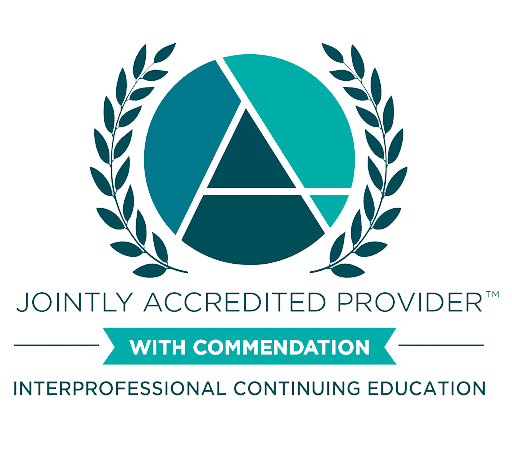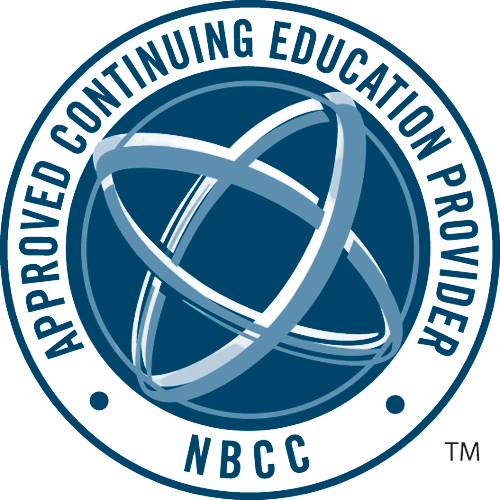A Resource for Healthcare and Social Services Professionals
December 29, 2023
12:00 pm–12:30 pm ET
Individuals with alcohol use disorder (AUD) often face stigma in accessing care and treatment, and this is one reason why only a small minority of people with AUD seek treatment. This training will discuss the interplay between stigma and health outcomes among those with AUD. We will also differentiate how stigma from alcohol use may differ from stigma associated with other use disorders. Emphasis will be placed on utilizing person-first language as a tool to help mitigate stigma among those with AUD.
Via Zoom
Individuals with alcohol use disorder (AUD) often face stigma in accessing care and treatment. We will review the interplay between stigma and health outcomes among those with AUD. We also will differentiate how stigma from alcohol use may differ from stigma associated with other use disorders. Emphasis will be placed on utilizing person-first language as a tool to help mitigate stigma among those with AUD.
Only a minority of people with AUD seek treatment, and stigma is a significant barrier to this. Recognizing the prevalence of stigma among those with AUD will allow care team members to be more aware of the stigma and barriers faced by patients. Communication strategies to help decrease stigma, particularly through person-first language, are useful approaches that staff across roles and disciplines can include.
Prescribers, nurses, social workers, and other clinical and non-clinical staff.
Azure is a registered nurse at Boston Medical Center with over 20 years of experience in trauma and intensive care. She is a graduate of the Grayken Addiction Nursing Fellowship program, the first Addiction Nursing fellowship of its kind in the United States, where she received specialized training in caring for patients with Substance Use Disorder (SUD), co-occurring disorders, educating individuals on harm reduction practices, and providing trauma-informed care. She was also a Clinical Care Manager in an NIH-funded trial to increase initiation and engagement in treatment for persons diagnosed with Alcohol Use Disorder in primary care settings. Azure serves as a consultant for BMC's Grayken Center for Addiction Training & Technical Assistance and has contributed to the development and delivery of continuing education programs covering topics such as the management of alcohol withdrawal syndrome in the ICU, SUD 101 for new graduate nurses, and supporting healthcare professionals who have or are experiencing SUD. She holds a Bachelor of Science in Nursing from the University of Massachusetts at Dartmouth and maintains various certifications, including Certified Addictions Registered Nurse (CARN), NIH Stroke Scale Certification (NIHSSC), Advanced Cardiovascular Life Support (ACLS), and Trauma Nursing Core Course Certification.
Following this training, participants will have the knowledge necessary to:
Boston Medical Center Grayken Center for Addiction TTA, Massachusetts Department of Public Health, Bureau of Substance Addiction Services (DPH/BSAS)
Funding for out of state attendees is provided by the Opioid Response Network (ORN).
Funding for this initiative was made possible (in part) by grant no. 1H79TI083343 from SAMHSA. The views expressed in written conference materials or publications and by speakers and moderators do not necessarily reflect the official policies of the Department of Health and Human Services; nor does mention of trade names, commercial practices, or organizations imply endorsement by the U.S. Government.
REQUIREMENTS for credit
Please note this policy is strictly enforced for accreditation purposes. Participants will forfeit collection of credit and certificates of completion if more than 10 minutes of the training is missed.
CME
 In support of improving patient care, Boston University Chobanian & Avedisian School of Medicine is jointly accredited by the Accreditation Council for Continuing Medical Education (ACCME), the Accreditation Council for Pharmacy Education (ACPE), and the American Nurses Credentialing Center (ANCC), to provide continuing education for the healthcare team.
In support of improving patient care, Boston University Chobanian & Avedisian School of Medicine is jointly accredited by the Accreditation Council for Continuing Medical Education (ACCME), the Accreditation Council for Pharmacy Education (ACPE), and the American Nurses Credentialing Center (ANCC), to provide continuing education for the healthcare team.
Boston University Chobanian & Avedisian School of Medicine designates this live activity for a maximum of 0.50 AMA PRA Category 1 Credit(s)™. Physicians should claim only the credit commensurate with the extent of their participation in the activity.
Nursing
Boston Medical Center is approved as a provider of nursing continuing professional development by the American Nurses Association Massachusetts, an accredited approver by the American Nurses Credentialing Center’s Commission on Accreditation. Participants who complete and return the evaluation and stay for the entire session will be awarded 0.50 contact hours.
LMHC
 BMC Grayken Center of Addiction TTA has been approved by NBCC as an Approved Continuing Education Provider, ACEP No. 7188. Programs that do not qualify for NBCC credit are clearly identified. BMC Grayken Center of Addiction TTA is solely responsible for all aspects of the programs. For this program, 0.50 contact hours will be offered to participants who attend the training and complete the evaluation.
BMC Grayken Center of Addiction TTA has been approved by NBCC as an Approved Continuing Education Provider, ACEP No. 7188. Programs that do not qualify for NBCC credit are clearly identified. BMC Grayken Center of Addiction TTA is solely responsible for all aspects of the programs. For this program, 0.50 contact hours will be offered to participants who attend the training and complete the evaluation.
LADC/CADC & Recovery Coach
Grayken Center for Addiction TTA is approved to offer LADC/CADCs and recovery coaches who complete this course 0.50 general continuing education credits.
Disclaimer
Continuing education (CE) requirements vary by license and jurisdiction. When requesting continuing education credits, please ensure you are following the rules and regulations determined by the board regulating your license. Boston Medical Center Grayken Center for Addiction TTA does not oversee adherence to licensing requirements and regulations.
THIS CONTINUING EDUCATION PROGRAM IS INTENDED SOLELY FOR EDUCATIONAL PURPOSES FOR QUALIFIED HEALTHCARE PROFESSIONALS. IN NO EVENT SHALL BOSTON UNIVERSITY BE LIABLE FOR ANY DECISION MADE OR ACTION TAKEN IN RELIANCE ON THE INFORMATION CONTAINED IN THE PROGRAM. IN NO EVENT SHOULD THE INFORMATION CONTAINED IN THE PROGRAM BE USED AS A SUBSTITUTE FOR PROFESSIONAL CARE. NO PHYSICIAN-PATIENT RELATIONSHIP IS BEING ESTABLISHED. IN NO EVENT SHOULD INFORMATION IN THE MATERIALS REGARDING LAWS, REGULATIONS, OR LEGAL LIABILITY BE CONSIDERED LEGAL ADVICE OR USED AS A SUBSTITUTE FOR CONSULTING WITH AN ATTORNEY.